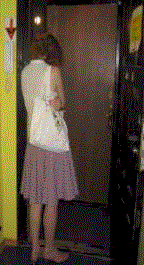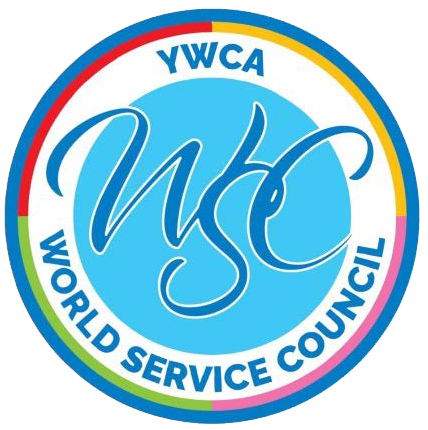
Belarus is about two-thirds the size of Great Britain and it is located in central Europe, bordered by Russia, Ukraine, Poland, Lithuania and Latvia. Part of the former Soviet Union for seven decades, Belarus now has about 70 percent of the country’s 10 million people living and working in industrialized urban centers while the rest are making a living by means of agricultural jobs in villages. According to the International Organization for Migration (IOM), close to 1,000 people from Belarus are trafficked each year for slave labor and sexual exploitation in other countries.
people living and working in industrialized urban centers while the rest are making a living by means of agricultural jobs in villages. According to the International Organization for Migration (IOM), close to 1,000 people from Belarus are trafficked each year for slave labor and sexual exploitation in other countries.
T. was living in a small Belarusian village, where job opportunities were minimal and she could barely sustain herself. When two men came to her village and offered her a sales position in a marketplace in Russia, she agreed to move there. However, she became fearful because she had never left her village before. One day they drove up in a car, violently pulled her into it and drove off. After her arrival in Moscow, instead of the promised job, T. found herself locked in an apartment with four other young women and forced to provide sex services for clients. Her passport was taken away and so was the money she was earning – supposedly to pay for her “living expenses.” Living conditions were terrible in the tiny apartment and there was physical punishment for any girl who refused to provide sex services. Any violation of the “rules” established by the man in charge also resulted in steep fines that added to the “debt” owed to him.
After several months, T. learned that she was pregnant and since that was a problem with clients, they let her go. She was able to get back to her village, where police started an investigation. Because of the lack of medical and social services in the village, T. was referred to La Strada, a shelter for victims of human trafficking operated by the YWCA Belarus in Minsk, the capital. A social worker provided counseling and support in a protected environment and T. started to recover from her ordeal. She also received psychotherapy, and medical treatment was dispensed after an exam determined that she had a sexually transmitted disease. The YWCA also supplied clothing and financial assistance, and she was able to recover enough to testify about her trafficking situation. While the interrogation procedure was emotionally difficult for T., the La Strada social worker accompanied her to help make it less stressful. When T. was ready, she decided to move back to her village and the social worker escorted her to the bus.
She returned to La Strada for more counseling when her baby did not survive delivery. She is now living and working in her village.
